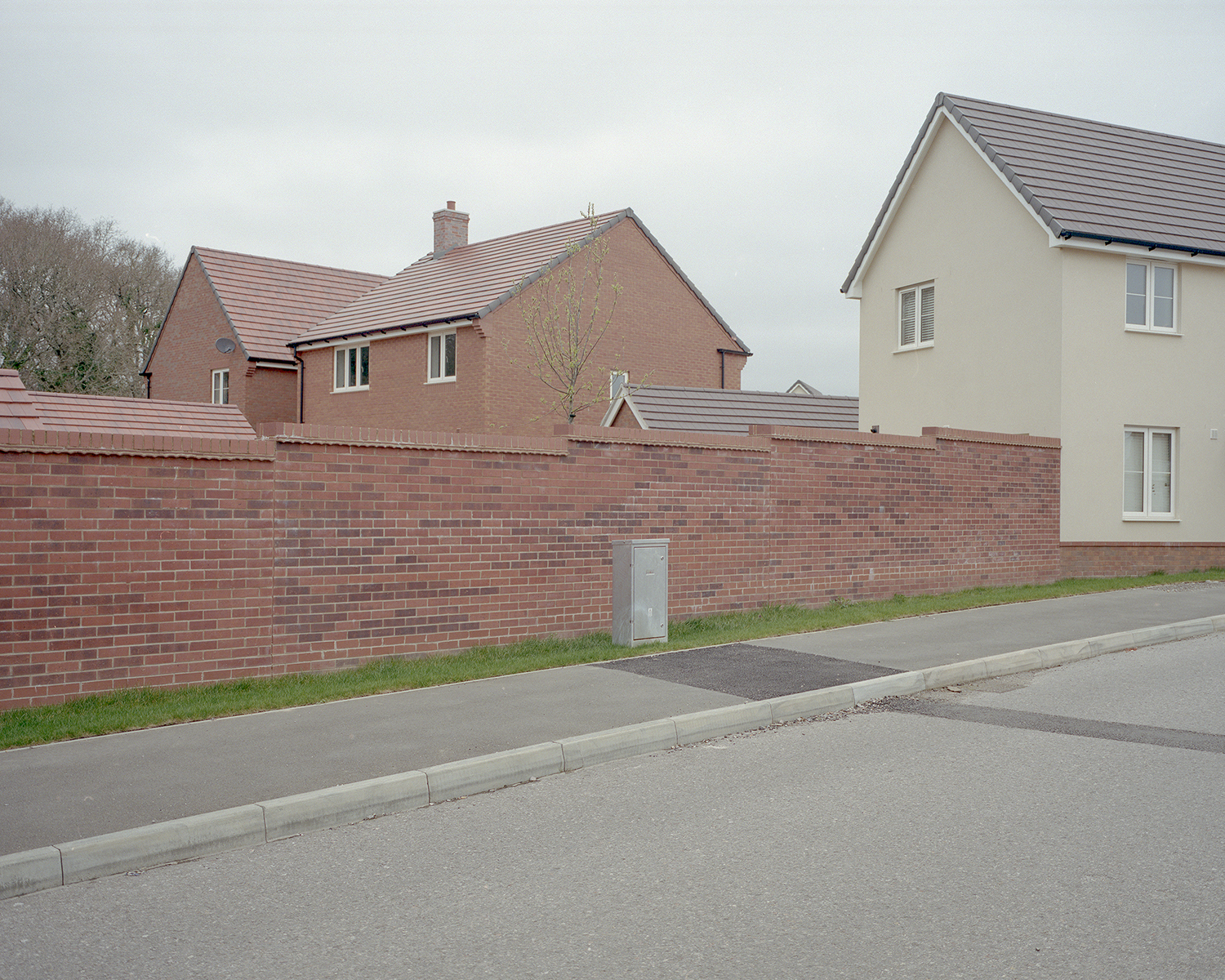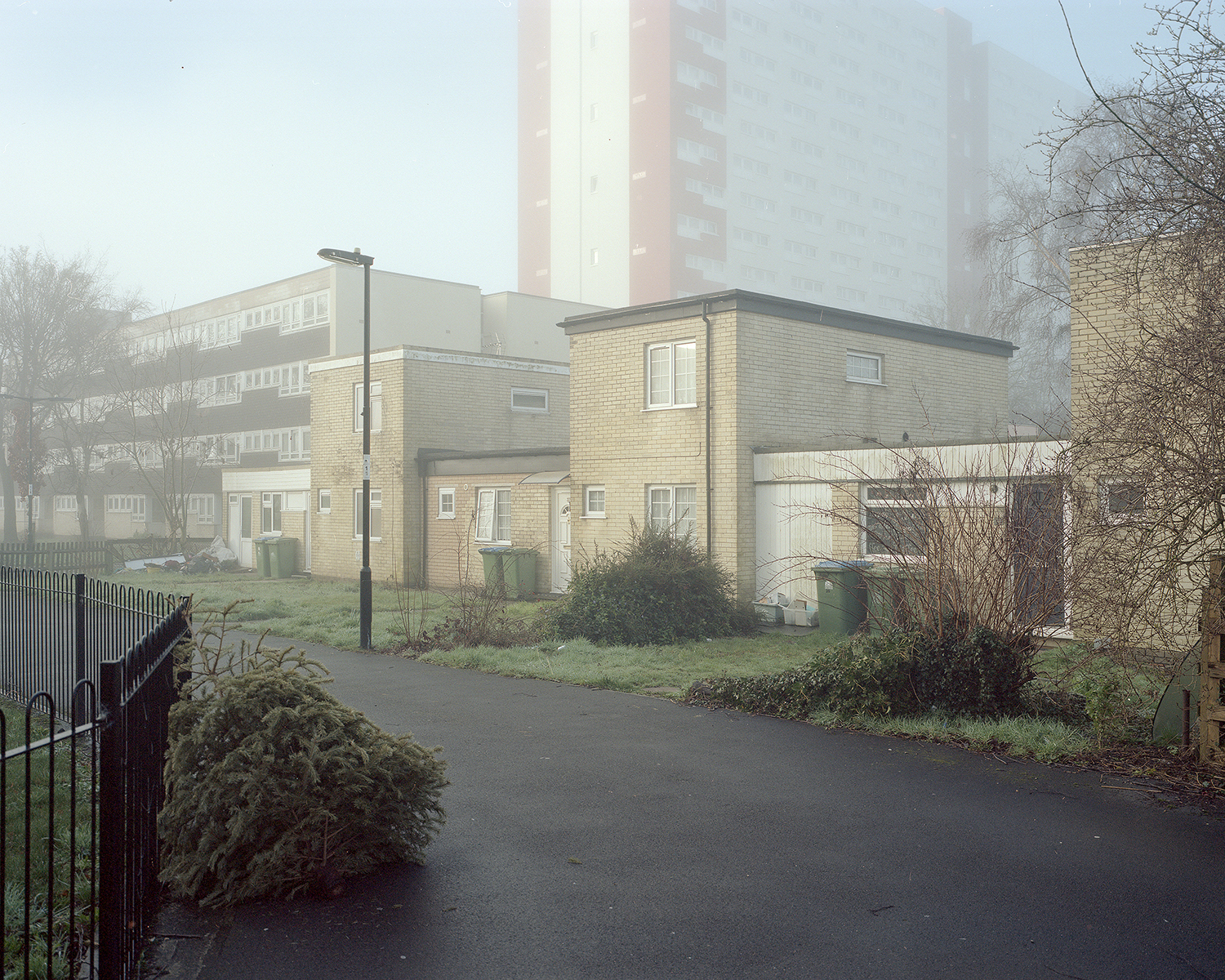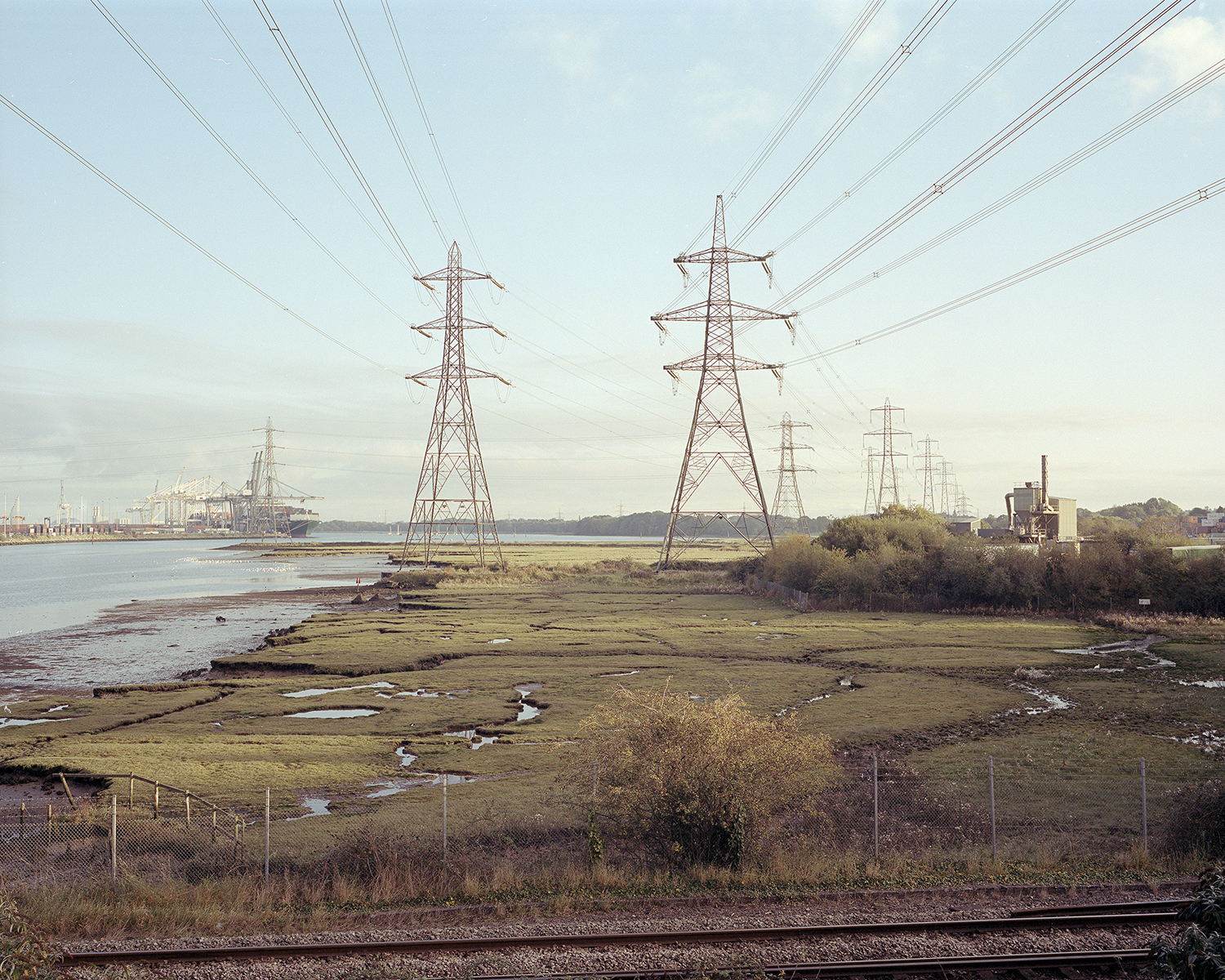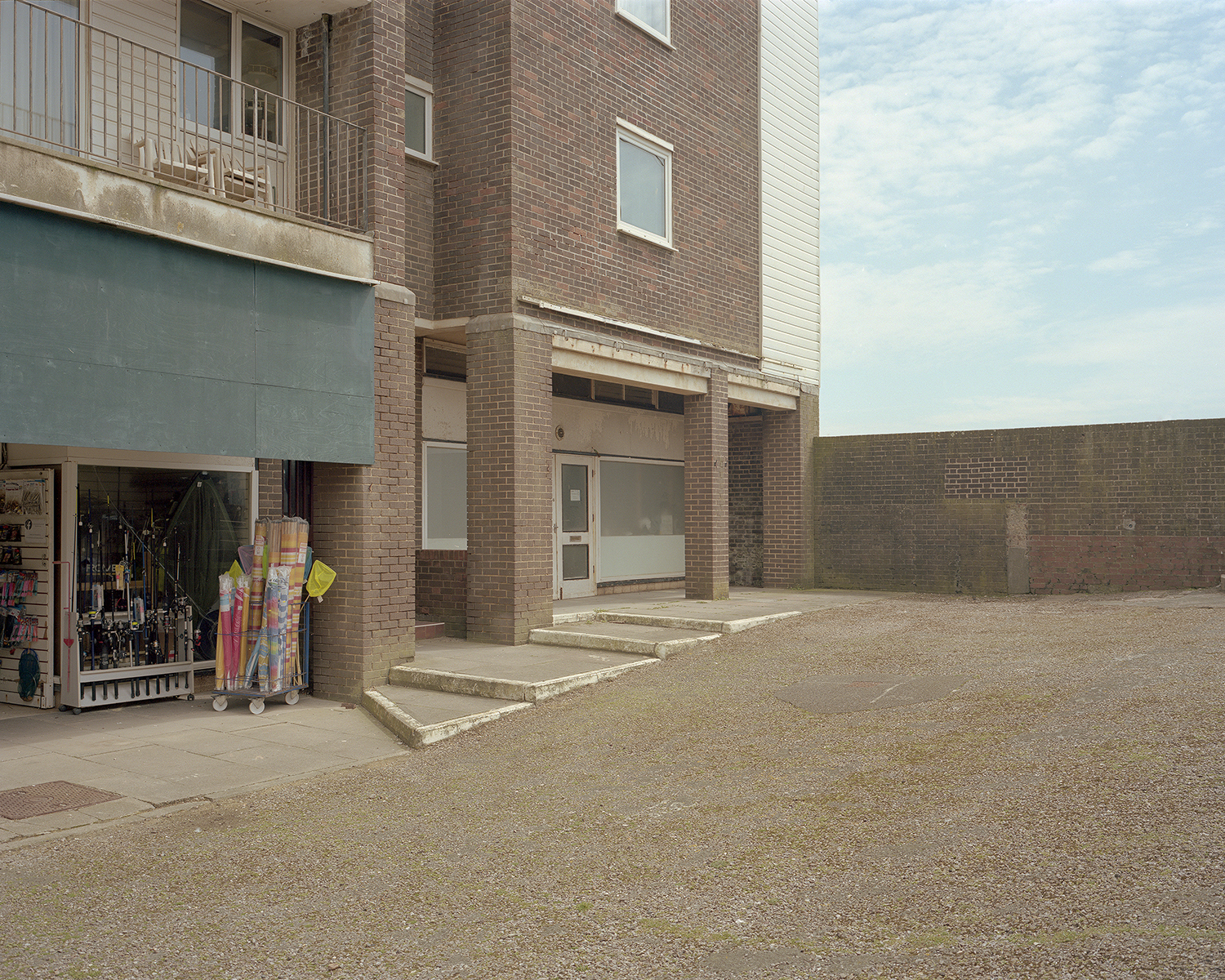
Interview Urban
Tom Westbury
For years I have been a huge fan of the soft-toned urban landscapes by Tom Westbury. And I was very curious to learn more about his process and inspirations.

Tell us a little about your background – what path led you to becoming a photographer, and to doing what you’re doing today?
Since I was a child I've always been interested in visual arts and making stuff. I used to do a lot of drawing, painting and digital art, and I used to get really obsessively interested in certain things, but after a while something else would take my interest and I'd become obsessed with that instead! In my mid twenties I started a new job, part of which involved taking pictures - mainly corporate and event photos - I picked up a basic DSLR and thought I should learn how to use it. This quickly became my new obsession - initially the technical side of using a camera, composition and so on, but then about photography itself. I started reading about photography, visual culture, etc and spending a lot of time on Flickr, which at the time (pre-Instagram) was a great community and an effective way of viewing images. I started reading photobooks and developing a sense of what I wanted to communicate or present with my photography. Thirteen years on I am just as fascinated with photography and photographic image making as ever.
How would you describe your work?
An attempt to show that the ordinary is worth seeing.



Your images are very esthectically pleasing without any humans. Can you tell us a bit more about your work process? Or what makes picture a Tom Westbury picture?
Thank you. Well my process is very unplanned. I head out and just wander about, usually around my local area (I have a day job and a young family so long road trips aren't really an option at the moment). Over time, themes tend to emerge but it's quite organic. I really envy the discipline and rigour of photographers who develop and plan projects in advance, but I guess that's just not the way I work. In terms of the lack of people in my work; when people are in the frame they naturally tend to become the focal point of an image. I want to show the traces of people on places and their environment, and for viewers to look more closely at these, rather than the people themselves.
Which camera and lenses do you use?
Mostly medium format film cameras, typically a Mamiya 7ii with 65mm or 43mm lens. It's a very simple camera, I like the 6x7 aspect ratio, and it's very lightweight and easy to carry around compared to most medium format cameras, so suits the way I work.



What have been one or two favourite recent projects or commissions?
My ongoing series, Commonplace, was recently published as a photobook by Another Place Press - it was a challenge to pull together several years' work but I learned a huge amount and I really enjoyed collaborating with the publisher, and was pleased with the end result.
Which other photographers, designers, artists or creative people are you loving at the moment?
I always struggle to name just a few - these days we are all bombarded with so much incredible work on social media it can be quite bewildering.
Photobooks are a great antidote to social media and three books I keep coming back to are In Plain Air by Irina Rozovsky, I can't Stand to See You Cry by Rahim Fortune, and Bastard Countryside by Robin Friend.
Alec Soth is a huge inspiration and he's been making these wonderful videos on Youtube where he deep-dives into aspects of photographic practice, photobooks and his own work.
There's some good photography podcasts out there. I recently binge-listened to Kyle McDougall's The Contact Sheet podcast and really enjoyed his interviews with some photographers whose work I really admire - for example Patrick Joust, Chirs Malloy, Kyler Zeleny and Ian Howorth, as well as Noah Waldeck (photographer and curator from Subjectively Objective). Another good podcast is A Small Voice, hosted by Ben Smith and a recent episode I loved was his interview with Jem Southam, another artist whose work and practice has had a big impact on me.
What would be your dream creative project?
Time is a really precious commodity for me at the moment, so a dream project would be anything where I had the freedom to go and get lost in a particular place for a few weeks - that would be amazing.



© Pictures by
Tom Westbury
